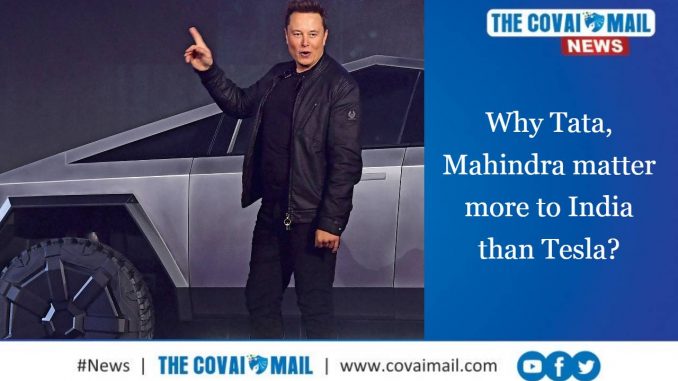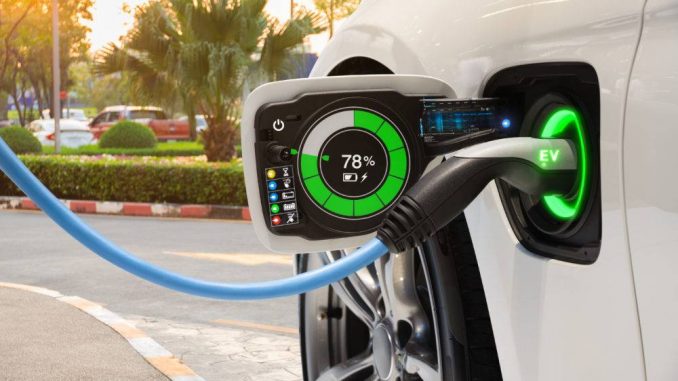
Elon Musk, CEO of American electric vehicle company Tesla, Inc. said very recently on Twitter that his company will make its debut in India in 2021. He did not say when but he confirmed the arrival. Union Minister Nitin Gadkari also confirmed the same on Monday.

Tesla was supposed to be in India in 2020 but due to some reasons, specifically the pandemic, that plan must have got halted. Anyway, Tesla entering will have all the noise and fans of the company may line up to book one. But can its entry mean anything more to a prospective buyer than just a news?
The speculation arises because Tesla cars are not affordable basically. If they are not manufactured here, they will come with an import duty as well. Gadkari has however said that Tesla will look for setting up manufacturing here if there is demand. This is a ‘big if’
Time will tell whether Tesla will introduce affordable cars for the Indian market. Right now, if you are looking at e-vehicles, Indian manufacturers are already doing a fantastic job.
The affordable Indian EVs:
Tata Motors reported in December 2020 that its Nexon EV clocked in 1000 sales units in a record time of just 3 months (Sept-Nov 2020). Tata had sold another one-thousand Nexon EVs earlier.
Indian automobiles manufacturer Mahindra & Mahindra gave an affordable e-car named E-Verito in 2016. In early 2021, the company’s ‘eKUV100’ is expected to get launched under Rs.8.5 to 9 lakh price tag. On the other hand British automotive marque MG is working on to develop E-cars under Rs. 10 lakh. MG believes this will bring in more customers.
Currently, Tata Motors is leading the EV segment with a 74% market share, and that is because of the affordability and quality customers in general look for. While quality is a sure thing with Tesla, affordability is not in its system.
More affordable EVs, Greener Country:
The Central Government has been pushing for green fuel and electric vehicles for cutting India’s huge Rs. 8 lakh crore crude imports. Under the Paris Agreement, India had promised to reduce its emissions intensity—greenhouse gas emissions per unit of GDP— by 33 to 35 per cent below 2005 levels by the year 2030. To achieve this goal, India needs lots of affordable solutions.

Indian players like Tata and Mahindra can easily fuel India’s and Indian’s need in this area, and offer easy service and support much better, while Tesla can only be a luxury option. If Tesla goes to offer affordable solutions, it would be shell-shocking but again, that is a ‘big if’!
Govt is ready for EVs:
Gadkari said “the Centre intends to have an electric vehicle sales penetration of 30 per cent for private cars, 70 per cent for commercial cars, 40 per cent for buses, and 80 per cent for two and three-wheelers by 2030 by providing various incentives, which are likely to drive the growth of EV market in India”
The Minister also said that the government is planning to set up at least one e-charging kiosk at each of the around 69,000 petrol pumps across the country with an aim to accelerate the uptake of EVs.
Well, it may take time for wide-adoption of e-commercial cars, buses and three-wheelers but preference towards e-cars for private use is seeing a rise in India. The government is also providing got incentives when e-vehicles are purchased. If the push towards e-vehicles is big, and if the Indian e-vehicle manufacturers are given better support; it would benefit the nation in incredible ways.
We may see a Tesla roar the street but it is Desi EVs that will make a difference in the skies.
